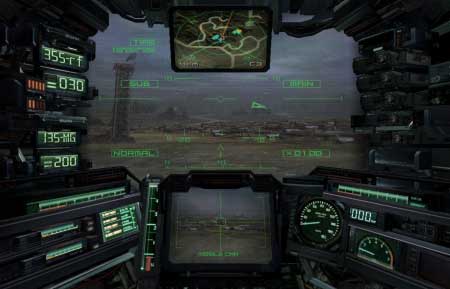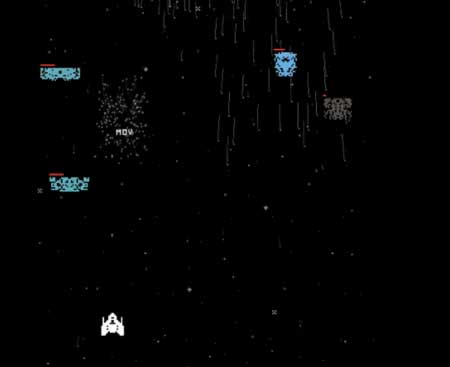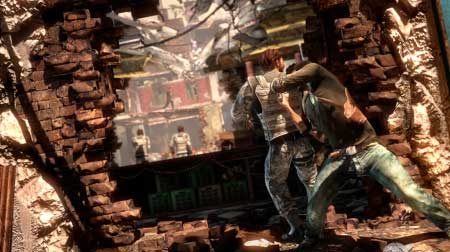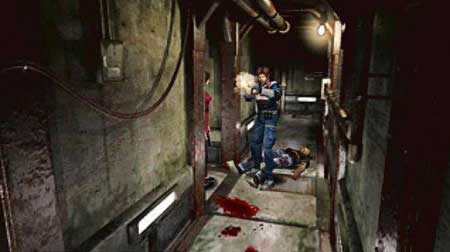One more personal story to end on.
It’s 2001, and I’m playing Resident Evil 2: Capcom’s classic survival horror, a pastiche of George Romero’s zombie movies.
I am fighting off the undead in a city, hampered by limited resources. There’s never, ever, enough ammunition. I have descended to the underside of a train station to fight the corrupted, now mutated scientist William Birkin. I think I’ve killed him for good, but he mutates again, into a new form, and attacks me. I have a handful of ammo, a knife, and no herbs to heal with. He has sucked up everything I brought down here with me. There is no ammunition in the room. I attack him with everything I’ve got, reduced to just the knife, and hack away, but he’s too strong. Leon Scott Kennedy succumbs to his wounds.
And so that was where I left things. I had no chance of survival: I was already too low on equipment in the previous save game. I had turned the game into the classic, 70s horror movie ending: there were no survivors. I rejected the story of survival the game was fixated on, and let my actions, let the rules speak for themself. Leon was dead. He had never had a chance. No-one was coming. The city was overrun.
I left his body there, and I’ve never played the game again. I had made my own narrative bullet.
So close to the end, but deliberately unfinished. For me, Leon is dead, and to try again undermines that. It makes his death less meaningful. And I mean that: this mess of low-resolution textures and polygons means more to me when I can’t play it again.
Death in games is not death in the real world, but it was never meant to be. This is confusing because it shares a name with something bigger, stranger, both more and less meaningful. The purpose of death in games is to tell us about life. To remind us to try things we don’t know. To push when we’re afraid to. To see what we can be. To investigate how things work. To fight for the best path through the one world we have. To understand that to change the past – to have another go – might not always be as meaningful as the single path we chose with no do-overs.
And why do we play these games? To visit other worlds, to live other lives. In that sense every game is an extra life. And in those games we navigate a branching multiverse; some paths are cut short by this thing we call “death” that is not, and we rewind, take another life, and take another path, until we get to a canonical, critical path where the game ends successfully, and another virtual life is well-lived.
To make a medium that is so often about living other lives must be to make a medium that is somehow about death. But not this airquoted “death” I have dwelt so much on; rather, the death when we step away from a game and return to the real world. A little death as we leave a life behind, and are left richer for it.





